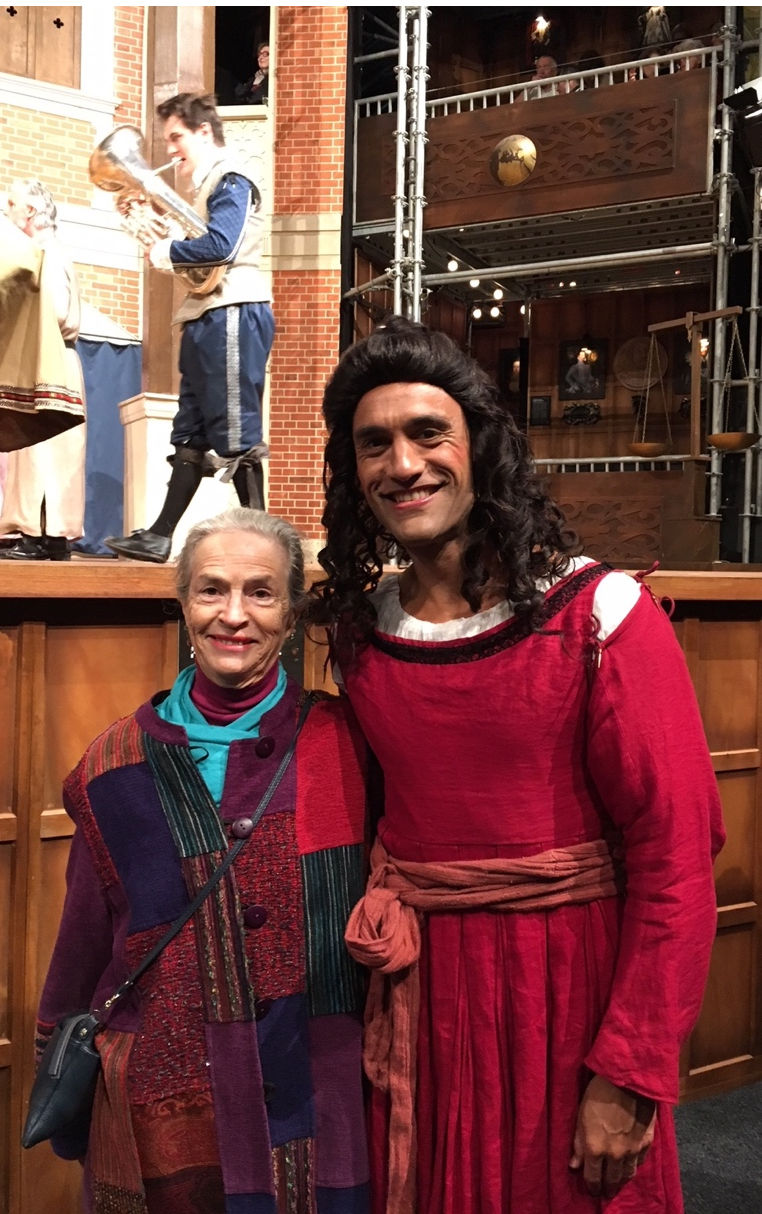Casting for stage plays should be sensible, but right now in Australia sense has been diminished by sensitivity policies. An actor inherently appropriates his or her character’s culture. She or he must. That’s the job. But now “cultural appropriation” policy and procedures have some actors fearful of damaging their careers if they stray from the current dictates. A straight woman fears playing a lesbian. A man listing his Spanish accent on his CV turns down the role of a Spaniard.
Roles tied to specific cultures must be played with integrity, consultation and respect. But we are losing this sensible way of casting due to fear of not adhering to confusing policy. Who is creating this dilemma? The federal government’s Creative Australia? Government-funded theatres following a protocol? Overzealous teachers? I doubt there is some sort of conspiracy, probably just over-overzealousness.
Should we worry about a backlash against this overly earnest policy and process? Absolutely, we should. There are at least two downsides of policy-driven theatre. The political danger is the inevitable pushback that often happens when a good idea gets lost in bad implementation. We saw this recently in the US when some good diversity and inclusivity policies were tossed out holus-bolus – the baby in the bathwater phenomenon. Another downside is that actors are burdened by the minefield of guidelines they think they must tread through. Put “cultural appropriation and the arts” in a search engine and you’ll find the tomes, PhD theses and policy documents. The many I read were open to interpretation where there was no line in the sand. If we were to adhere strictly to the “rules” these documents promoted, all our theatre works would be monocultural. Pity the casting agent trying to manoeuvre through the process.
Actors fear one or all of three things: 1) looking like a poor actor on stage because they don’t understand the character 2) being criticised for “cultural appropriation”, and/or 3) going against their own principles.
Inappropriate representation will make the audience cringe. The theatre company would rightly be savaged for purloining another culture’s story incorrectly or stereotypically.
There are endless examples of successful representation of cultures by someone from a different culture. I posted a role on social media for a character in a wheelchair. Even though no paraplegic applied, the actor I cast was still worried about cultural appropriation. She eventually accepted the role and won Best Actor in a Regional Play Festival. The Shakespeare Globe Theatre of New Zealand has male Māori actors playing women’s roles to the delight of audiences.

A Chinese pianist can play a Polonaise as expressively as a Polish pianist. Most white people just cannot sing gospel like Lou Bell Johnson or Sallie Martin, but Paul Capsis can. I heard him do Mahalia Jackson about 15 years ago at a festival. He was absolutely brilliant. Nobody said, “Thin white man purloined big black woman’s song! Horrors!”
Common sense should be the path to casting. Paul can sing “Nobody knows the troubles I’ve seen” but he can’t be cast as Mahalia in a bio-pic. Shorty can’t be cast as a basketball star. Madam Lash may be capable of playing the Virgin Mary, but it would be deeply offensive to many people.
And Othello? In Shakespeare’s time, the king was played by white men blackening their faces. Time moved on and almost always a black man is cast as Othello, a Moor. Moors are not black. Apparently, casting agents think there are only white people and the non-white people regardless of the dozens of variations in people of colour.
Sydney’s Belvoir Theatre reversed the issue in its 2021 production of Chekhov’s Cherry Orchard. Audiences were confused when a black man played the Russian serf, and Charles Wu played the Russian manservant. Most of the audience eventually got used to the mismatch and the production got many good reviews, testament that any terrific actor can play just about anyone when the audience suspends belief.
But not everyone was happy, certainly not the Chekhovian purists. One highly respected reviewer wrote: “I could not bear this current production of Anton Chekhov’s The Cherry Orchard. Just unforgivable.” Whether Belvoir’s production of Chekhov’s farce was farcical is clearly a matter of opinion.
Actor Dustin Hoffman was performing with Sir Laurence Olivier, one of the greatest actors of his time. They were both working on the 1976 film Marathon Man. Hoffman had a gruelling scene coming up, where his character hadn’t slept in three days. The exhausted Hoffman told Olivier that to prepare for the scene, he too hadn’t slept for 72 hours. “My dear boy,” replied Olivier, “why don’t you try acting?” Now that’s sensible.
Note to Paul Capsis: Please do Mahalia again!
Carol wrote theatre reviews for the Wentworth Courier from 1975 to1980. She then got her MBA from the Australian Graduate School of Management and become the CEO of the Australian Commercial Disputes Centre. Since retiring she became a theatre reviewer for Sydney Arts Guide, founded Scene Theatre Sydney and had 14 short plays produced in theatre festivals.

